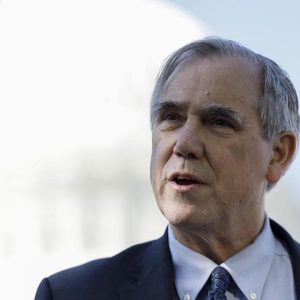 View Winners →
View Winners → 
Candidate ghosting is taking an increasing toll on employers, new research from talent solutions and business consulting firm Robert Half suggests.
In a survey of more than 2,300 senior managers in the U.S., nearly 4 in 10 respondents (39%) said it’s more common for job candidates to cut off communication now than two years ago. Those hiring for technology (48%) and administrative and customer support (42%) roles were most likely to report a surge in ghosting.
Why Candidates Ghost — And What to Do About It
In a separate survey, professionals revealed the main reason for ghosting a prospective employer:
- The interview process was poor (33%)
- They received another job offer (29%)
- The job was not what they expected (23%)
- A mandatory return-to-office policy was implemented (16%)
“Professionals have more job opportunities today and can quickly make career moves given the rise of remote hiring processes,” said Robert Half senior executive director Paul McDonald. “To help combat ghosting, employers need to put themselves in candidates’ shoes and provide a clear picture of the role and organizational culture, a seamless recruitment process, and regular communication.”
For more tips on how to avoid being ghosted by job candidates, visit the Robert Half blog.
The Ones Who Got Away
Ghosting isn’t the only factor making employers’ hiring plans more difficult, according to the research. In the last year, more than half of senior managers surveyed (56%) said they’ve missed out on a potential hire because:
- The candidate wanted more schedule flexibility (40%)
- The company took too long to make an offer (35%)
- They didn’t meet the candidate’s salary expectations (24%)
McDonald added, “Hiring is harder than ever, and employers need to exceed candidates’ expectations to land top talent. Offering flexible work arrangements and competitive pay and perks can pique job seekers’ interest — and moving quickly to set up interviews and extend offers can help clinch the deal.”










































































































